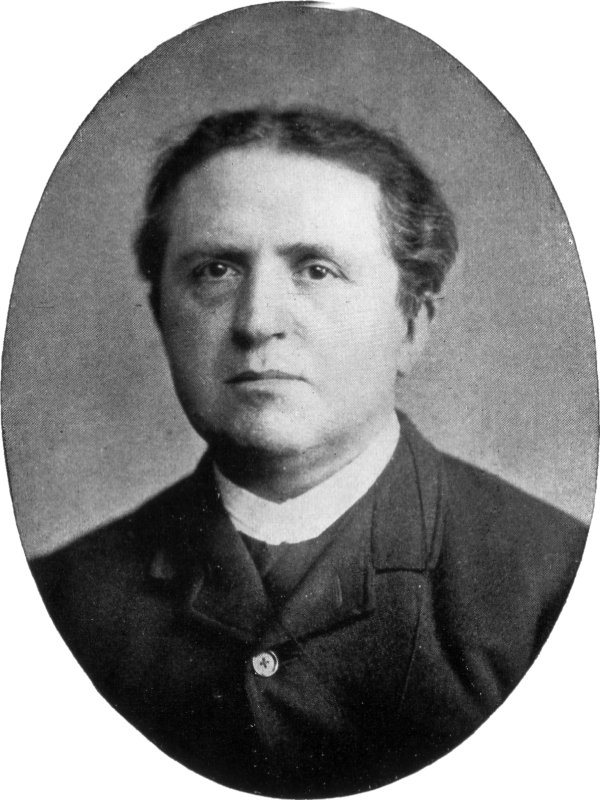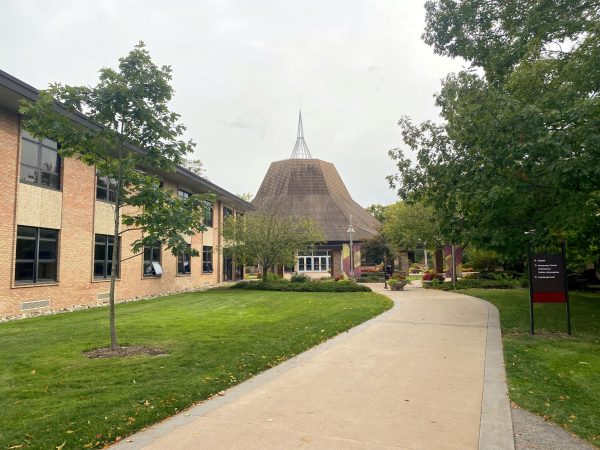Professor emeritus discusses the downsides of Kuyperian theology
In his lecture, “Kingdom Mistakes and Their Consequences: From Abraham Kuyper to the Religious Right,” David Crump, professor emeritus from the Calvin College religion department, proposed that the Dutch reformed theologian, Abraham Kuyper’s, theology on Christian influence has been used by the religious right to benefit their own political causes.
The lecture took place in the Commons Annex Alumni Board Room at 3:30 pm on Tuesday, March 13. The event was co-sponsored by the the Henry Institute and the religion department. After the lecture, Branson Parler, professor of Theological Studies at Kuyper College, moderated a Q&A.
Crump’s lecture contained two main points. Firstly, that Kuyper never “divorced” the protestant theological liberalism in which he was brought upnd secondly, because Kuyper failed to sever ties with protestant liberalism and didn’t take Jesus’ teachings on the kingdom of God seriously, his followers have been susceptible to confuse Christian influence with Christian witness.
Crump proposed that Kuyper’s theology lacked a biblical backbone because “Jesus makes it crystal clear that God alone is only one able to make kingdom come or grow.”
According to Crump, Kuyperian theology teaches that government authority becomes an extension of God’s sovereignty into human affairs and that this governmental authority’s intrusion into the kingdom of God is in fact a non-biblical concept.
These Kuyperian ideas have extended to other Reformed followers, Crump claimed. For instance, Henry van Til, a Calvin professor of Bible in the 1960s, claimed that we need the church “to build a Christian culture so that Christian faith may survive.”
Although shocked by van Til’s statement, Crump admits it’s entirely Kuyperian. He “wonder[s] if Jesus and Paul knew” about the gospel’s dependency on a Christian culture to survive.
To conclude his second point, Crump said, “Following Jesus and the kingdom is not a guaranteed path to influence … but it’s always a Christian witness.”
However, Crump said that the religious left is “as guilty as [the] religious right. I only use religious right to be provocative and get you to come out tonight.”
Crump intended the lecture to be used as a discussion for feedback on his ideas. Although he sees no evidence contradicting to his research on how Kuyper’s failure to take Jesus’ teaching seriously has led to followers of Kuyper mistaking Christian influence for Christian witness.
Jacob Moose, a junior business and religion double major, said that the more biblically based alternative, non-Kuyperian understanding of the Kingdom of God, “seems contradictory to some of my experiences in the religion department.”
Crump’s book, “I Pledge Allegiance: A Believer’s Guide to Kingdom Citizenship in Twenty-First-Century America” will be 20% off in the campus bookstore.







